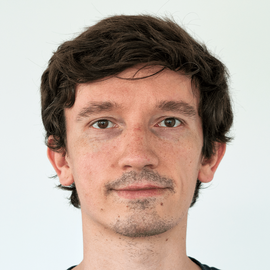Abstract
Training object detectors for new classes usually requires collecting and labeling large amounts of data. Our paper introduces a new approach to address this issue - training novel-class object detectors using a combination of a few labeled images and weakly labeled data, that is easy to obtain. We propose an iterative fine-tuning framework that cycles through predicting pseudo-labels, filtering them using weak labels, and fine-tuning the model on this data. By repeating the process, we can mostly close the gap to a model trained on 40x more data, thereby offering a new approach to improving the trade-off between labeling effort and performance.

Principal Investigator (PI)
Wieland Brendel received his Diploma in physics from the University of Regensburg (2010) and his Ph.D. in computational neuroscience from the École normale supérieure in Paris (2014). He joined the University of Tübingen as a postdoctoral researcher in the group of Matthias Bethge, became a Principal Investigator and Team Lead in the Tübingen AI Center (2018) and an Emmy Noether Group Leader for Robust Machine Learning (2020). In May 2022, Wieland joined the Max-Planck Institute for Intelligent Systems as an independent Group Leader and is now a Hector-endowed Fellow at the ELLIS Institute Tübingen (since September 2023). He received the 2023 German Pattern Recognition Award for his substantial contributions on robust, generalisable and interpretable machine vision. Aside of his research, Wieland co-founded a nationwide school competition (bw-ki.de) and a machine learning startup focused on visual quality control.